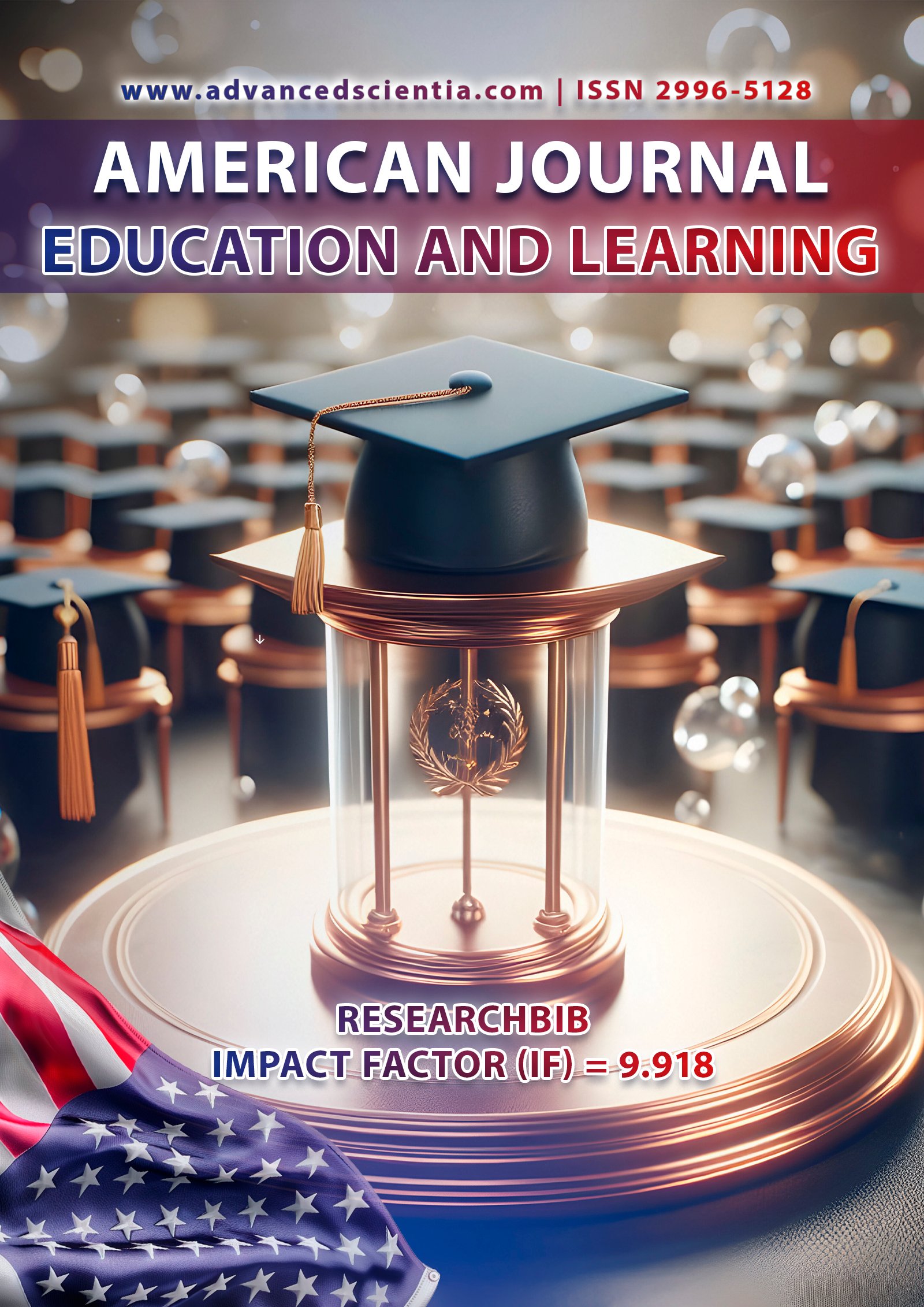FRAMING GOODNESS: A COMPERATIVE ANALYSIS OF ENGLISH AND UZBEK PROVERBS.
Abstract
This article explores how the concept of “goodness” is framed in English and Uzbek proverbs, using Frame Semantics as the primary analytical tool. Proverbs are examined as carriers of moral knowledge, cultural identity, and cognitive structures. By comparing metaphorical, structural, and cultural framings of goodness across these two languages, the study reveals both universal patterns and culture-specific nuances in moral conceptualization. The findings suggest that while the core value of goodness is shared, the linguistic and cognitive frameworks used to express it vary significantly between cultural contexts.
References
1. Fillmore, C. J. (1982). Frame semantics. In Linguistics in the morning calm (pp. 111–137). Hanshin Publishing.
2. Gadoyeva, M. I. (2023). Ingliz tilida soz yasash usullari. Scientific Aspects and Trends in the Field of Scientific Research, 1(9), 266–270.
3. Gadoyeva, M. I., & Yodgorova, L. B. (2023). Ingliz va o’zbek tillari to’plamlarida somatizmlarning qo’llanilishi. Scientific Aspects and Trends in the Field of Scientific Research, 1(9), 236–241.
4. Ibrokhimjonova, N. (2022). Semantic and syntactic properties of proverbs in Uzbek folk speech. International Journal of Research in Humanities, Arts and Literature, 10(3), 47–55.
5. Levinson, S. C. (2003). Space in language and cognition: Explorations in cognitive diversity. (pp. 65-78) Cambridge University Press.
6. Mirzayeva, G., & Abdullayeva, D. (2023). Frame semantics in Uzbek and English proverbs: A comparative approach. International Journal of Language and Linguistics, 11(1), 24–30.
7. Rakhmatova, M. (2016). Discussion on values, culture, and languages. In International Scientific and Practical Conference World Science (Vol. 2, No. 11, pp. 40–42).
8. Sotvaldieva, D., & Masharipova, M. (2022). Comparative study of proverbs in English and Uzbek: Structural and semantic analysis. Asian Journal of Multidisciplinary Research, 5(4), 102–109.
9. Umarova, N., & Yigitaliyeva, M. (2023). Proverbs as a reflection of moral and cultural values. Central Asian Journal of Literature, Philosophy and Culture, 4(1), 12–18.
10. Xamdamova, G. (2023). Polysemy and frame activation in Uzbek proverbs. Journal of Modern Philology and Translation Studies, 6(2), 59–67.






















